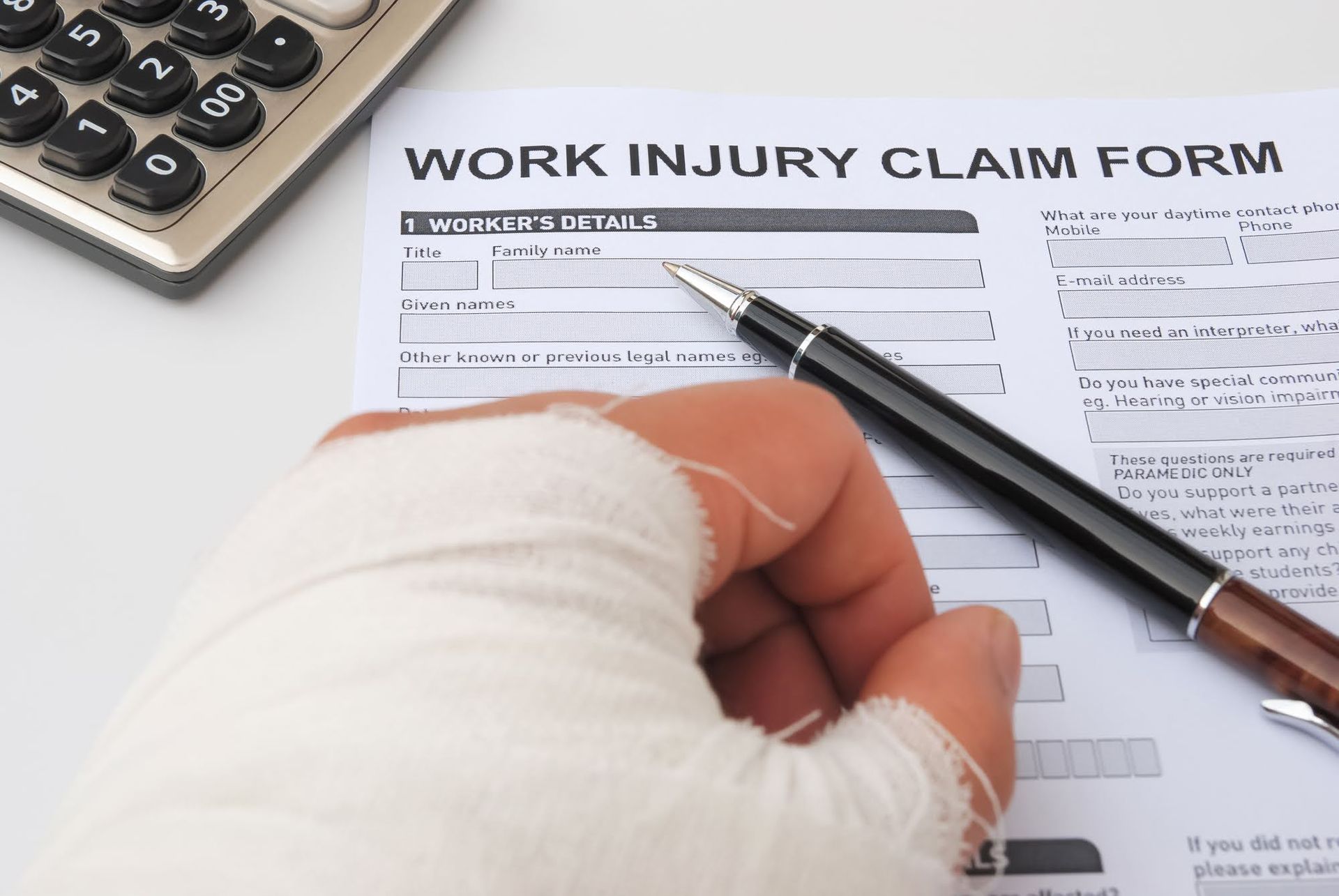Address: 1201 East Street Parkville, Missouri 64152
Toll Free:
Call Us Now:
Injured As a Remote Employee? Answers to Your Workers’ Comp Questions

Millions of American workers have shifted to a partly or fully remote working life. But how does workers’ compensation apply—or not—when you are injured as a remote or hybrid employee? In some ways, the answer is simple while other unique elements of this working environment make it complicated. Here are some answers to your most urgent questions.
Are You Covered By Workers’ Comp?
The good news is that your employer's workers’ compensation insurance coverage extends to employees who don't go into the office. In fact, it covers a range of out-of-office activities, including business travel and off-site meetings. So, if you're involved in a work-related accident or injury in your home office or another location, you are likely covered.
What Injuries Are Covered?
In general, accidents on a jobsite or in the office are easy to identify as work-related incidents. If you're at the office, it's not for fun—it's for the benefit of your employer. However, when your home is also your workplace, you have a higher burden of proof to prove that the incident was due to your activities as an employee and not personal activities.
For instance, if you trip and fall in your home office, you may be covered. But you'll be asked for details like what you were doing, whether you were officially on the clock, who was there, whether the employer knew you were working from that location, and what evidence of these facts you have.
What Are Common Injuries?
While your employer doesn't have as much control over your work environment at home as they do over the jobsite, they are still liable to provide a safe work environment. Many of the same risks in an office apply in a home office. Some of the most common workers’ comp claims involve either repetitive stress injuries or slip and fall accidents. These can happen anywhere.
What About Breaks?
Employees are permitted—and even mandated—breaks while working. Remote workers are no exception. In general, employees are covered by workers’ comp during their breaks—including bathroom trips, coffee breaks, mandatory break periods, and similar things. The reason is that they are only taking a break at that location due to their activity for the employer. So, again, it's for the benefit of the employer.
Taking breaks as a remote worker affords you the same general protection as your in-office counterparts. The argument for coverage during a longer break, such as unpaid lunch periods, is more complex, though. Many employees are off the clock, and the employer has no control over their activities at that time. But if your employer knows you work through lunch, you may be able to argue that you should be covered.
Is There a Commute?
Workers’ compensation doesn't cover people's commutes to and from work in most cases. This is known as the coming and going rule. So if you leave your home for a different location, you may not be covered during your drive.
However, there are exceptions. If you were asked by your employer to take work home, for instance, your trip to and from home may be work-related. Your commute may be covered even if the employer was simply aware that you often take work home or if they approved a hybrid work arrangement.
Where Can You Learn More?
No matter what type of injury or accident you suffer as a remote employee, qualified workers’ compensation legal help is vital. Spooner & Perkins Attorneys at Law can help. We've represented many of your fellow workers throughout Missouri and Kansas for half a century. Call today to discuss your specific case and see how we can assist you in claiming all the benefits to which you are entitled.

CONTACT INFORMATION
Email:
Phone:
Toll Free:










